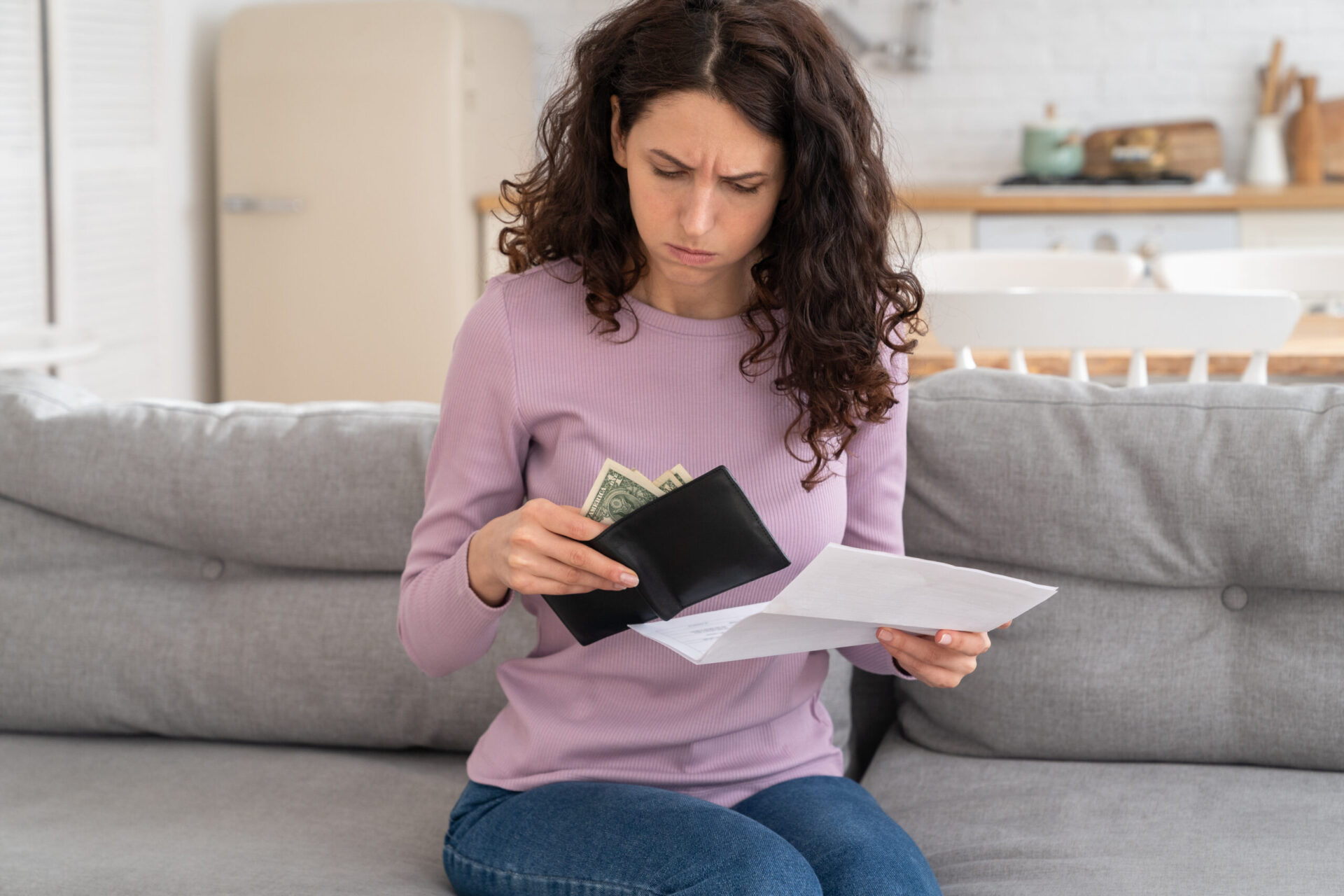Millennials spend more of their monthly income on homeownership costs than other generations and are at the greatest risk of becoming house-rich and cash-poor, according to a new study from Hometap.
The study, a survey of 1,000 US homeowners, found that 83% of millennials carry at least some debt, compared to 72% of baby boomers.
Of everyone surveyed, 47% were negatively impacted by the pandemic, and 77% carried some debt. More than a quarter of all homeowners say they plan to tighten their budgets until their debts are paid.
But as homeownership costs rise, paying down the debts may become increasingly difficult. Hometap found that 52% of homeowners spend at least 16% of their monthly income on mortgages, and 46% spend an additional 6-15% on other homeownership costs.
Millennials have it even worse: one in three spend more than 26% of their income on mortgage costs. Only 38% of respondents felt “very prepared” for these costs going into homeownership.
Black homeowners were the most negatively impacted by the pandemic (63%), followed by 53% of Latino homeowners and 43% of White homeowners.
“As we begin to emerge from the pandemic and residential real estate values remain near record levels, homeowners – especially millennials – have a great deal of equity tied up in their properties but are wary of taking on debt to access it,” said Jonathan MacKinnon, VP of Product Strategy & Business Development at Hometap.
“With the total cost of homeownership rising, and mortgage payments taking up an increasingly larger percentage of income, there is a growing need for solutions that allow Americans to tap their most important asset without going further into debt.”
The study also found that millennials are the least likely to know how much equity they have in their homes (53%) or how to calculate it (55%). The majority don’t view their home as an asset for achieving their financial goals, with 59% saying they do not view their home as an avenue to obtain needed cash.
Tappable equity soared to a new all-time high in October 2021, increasing almost a quarter-trillion dollars in Q3, according to Black Knight. The average borrower’s mortgage debt is just 45.2% of their home’s value, the lowest total market leverage ever recorded.
High tappable equity gives homeowners an array of economic options, according to Thomas Sponholtz, CEO and Chairman of Unison, a co-investing company.
“Homeowners are participating in one of the biggest wealth-building moments we’ve seen in residential real estate. The record levels of tappable equity they’re accumulating give them a lot of options, whether they’re eyeing retirement or renovation,” he said.
